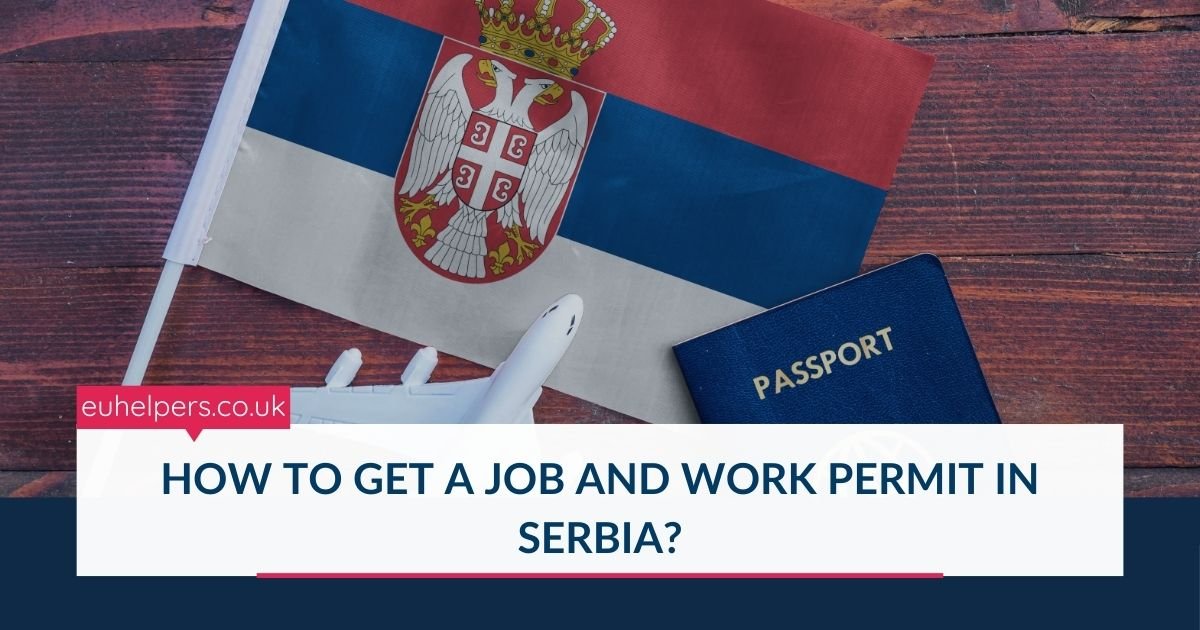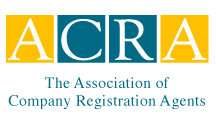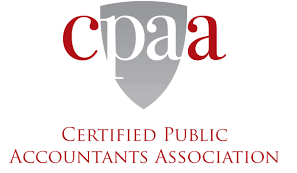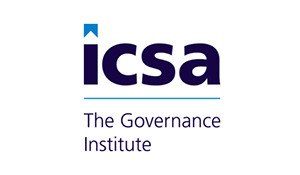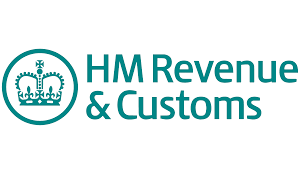Serbia is becoming an attractive destination for foreign professionals seeking job opportunities in Europe. To legally work in Serbia, foreign nationals must secure employment, obtain a work visa, and apply for a temporary residence permit.
1. Finding a Job and Securing an Offer
Before applying for a visa or work permit, you need a confirmed job offer from a Serbian employer. Here’s how to get started:
-
Networking: Use professional networking platforms, attend industry-specific events, and join relevant meetups to connect with employers in Serbia.
-
Job Boards: Explore Serbian job portals and international job websites for open positions.
-
Employer Sponsorship: Many Serbian employers are willing to sponsor work permits for foreign professionals, especially for roles in demand.
2. Applying for a Work Visa (Type-D Visa)
Once you have a job offer, you’ll need to apply for a Type-D visa to enter Serbia for employment. The process generally includes two stages:
Employer’s Role
The Serbian employer initiates the process by submitting an application for your work permit to the National Employment Service (NES).
Employee’s Role
You must apply for a Type-D visa at a Serbian embassy or consulate in your home country.
Required Documents typically include:
-
A valid passport (with at least 90 days validity beyond your intended stay)
-
Completed visa application form
-
Letter of invitation from your Serbian employer
-
Proof of health insurance coverage
-
Proof of financial means to support your stay
-
Signed employment contract
-
Proof of qualifications and work experience
-
Any other documents requested by the Serbian authorities
3. Applying for a Temporary Residence Permit
After arriving in Serbia with your Type-D visa, you must apply for a temporary residence permit to legally reside and work in the country.
Application Process
Submit your application at the local police department in the city where you will live.
Required Documents
-
Valid passport and visa
-
Proof of accommodation (e.g., lease agreement)
-
Signed employment contract
-
Additional documents as required by local authorities
Labor Market Test
In some cases, the NES may perform a labor market test to confirm that no qualified Serbian citizen is available for the role.
Once approved, you will receive your temporary residence permit, allowing you to work legally in Serbia.
4. Key Considerations
-
Translations and Notarization: Some documents may need to be translated into Serbian and notarized.
-
Processing Times: Be prepared for variable processing times for work permits and visas.
-
Employer Support: Most employers assist foreign employees with paperwork and legal requirements.
-
Compliance: Ensure full compliance with Serbian immigration and labor laws to avoid complications.
Securing a job and work permit in Serbia involves multiple steps, but with the right preparation and employer support, the process can be smooth and straightforward. Start by finding an employer willing to sponsor your permit, prepare the required documents, and follow the proper visa and residence application procedures.

